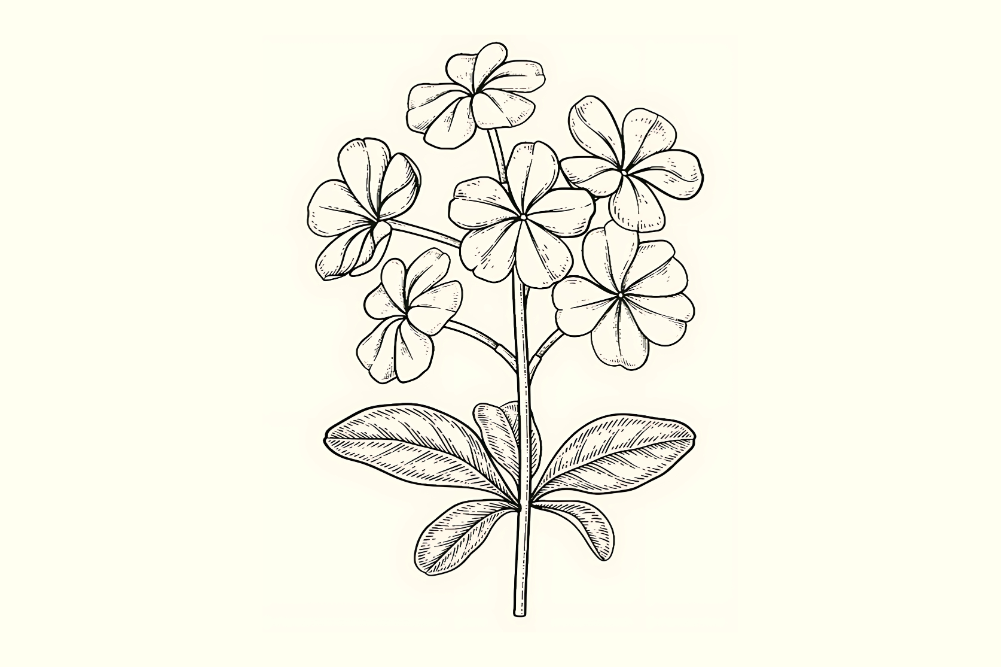Healing Powers of Hemp Seeds
Hemp seeds do not contain hallucinogenic THC but they do contain a rich array of nutrients that make them a powerful healing food.
Hemp (Cannabis sativa) is possibly one of the oldest crops known to humans. They have been eaten worldwide as a major source of food for millennia, and hemp seeds used as food generally do not contain the hallucinogenic component tetrahydrocannabinol (THC). It is these non-THC varieties that are the older prehistoric plants.
The leaves, flowers and sprouts can be eaten, but they are the most common food source. Hemp seeds are very versatile and can be eaten raw, sprouted or made into milks as well as used for baking and teas. Hemp oil (from the seeds) is high in unsaturated fatty acids and can be used in salads.
Despite its ancient history of use, there is minimal but increasing research today looking at its effect on human health. As such this article is based largely on traditional evidence and animal (mainly rodent) studies.
Nutrition
One hundred grams of hulled hemp seeds contain water, 5 per cent carbohydrate, 4g of high dietary fibre (unhulled seeds contain 20g) and 49 per cent fat, of which 38g is polyunsaturated with 9.3g omega-3 and 28.7g omega-6 fatty acids, including alpha linoleic, gamma linolenic (GLA) and oleic acids.
Hemp seeds contain 31.5 per cent protein, with the amino acid profile being equivalent to other protein-rich foods such as soy, milk and meat with good digestibility. They are a valuable source of the sulphur-containing amino acids methionine and cysteine, as well as arginine.
The seeds contain a range of vitamins and minerals, being particularly high in vitamin B1 (thiamine) and B3 (niacin), with good levels of B2, B6 and folate.
The mineral content is excellent for manganese, magnesium, phosphorus and zinc with lower levels of iron. They also contain “antinutrients” such as phytic acid and tannins, although much of this can be broken down with sprouting.
Hemp seeds also contain the protein-based antioxidants lignanamides, and are high in polyphenols and flavonoids and biologically active non-hallucinogenic cannabinoids, including cannabidiol (CBD) oil.
Healing hemp seeds
Neurological
The CBD oil in hemp seeds is a potent anticonvulsant and spasmolytic and reduces anxiety. Studies on rats show that the lignanamides, the fatty acids and the specific proteins in hemp seed, demonstrate a range of activity in the neurological system, reducing neuroinflammation in microglial cells and improving cognitive function, spatial memory and learning. This research holds promise for human research, indicating potential for prevention and/or improvement in chronic neurological conditions.
Anti-inflammatory
A range of compounds in hemp seeds reduces inflammation through various pathways that include inhibiting tumour necrosis factor (TNF-α), interleukin-6 (IL-6) and the cyclooxygenase (COX-2) pathways. Reducing chronic inflammation reduces the risk of the chronic illnesses that pervade our society.
Cardiovascular
Ingestion of hemp seeds regularly has shown blood pressure-lowering activity, possibly by regulating both the angiotensin converting enzyme (ACE) and renin pathways, the two major pathways regulating blood pressure in humans. Trials on mice are showing promise. The cholesterol-reducing activity of hemp seeds has compared favourably to statin drugs such as simvastatin to reduce peripheral neuropathies and other adverse systemic effects, with the added benefits of reducing liver and kidney oxidative and inflammatory markers.
Liver
Research into the fatty acid components in hemp seeds is showing promise in reducing fatty liver disease induced from high fat diets through anti-inflammatory and antioxidant activity. They demonstrated significant hepatoprotective activity.
Digestive system
Human placebo-controlled trials in China used hemp seed to relieve otherwise resistant functional constipation. Taking 7.5g per day for two to eight weeks improved spontaneous bowel movement and regularity, providing significant relief in 43 per cent of patients. Hemp seeds are also useful to relieve colitis and bowel inflammation.
Skin
A 20-week clinical trial was conducted on patients with atopic dermatitis, using dietary hempseed oil. In these patients, both skin dryness and itchiness improved significantly. Plasma fatty acid profiles also improved, and the patients needed less medication to manage their condition.
Extracts of hemp seed with its antimicrobial, anti-inflammatory and antilipogenic properties significantly reduced the symptoms of acne and promoted collagen biosynthesis, increasing the rate of healing.
Ageing and chronic illness
An interesting research project assessed the food consumption of the “longevity village” of Bama in China. Hemp seeds and a bitter vegetable were the predominant foods eaten and were determined to be the main reason for their longevity. Studies on ageing mice confirmed that old mice eating these foods also had longer lifespans and improved cognitive function and were protected against age-related metabolic syndrome, fatty liver, gut dysbiosis and chronic inflammation, compared to mice fed a standard Western diet.
Using hemp seeds
For overall health the recommended daily dose of hemp seeds is 30g, which is about three tablespoons.
Note: With the high polyunsaturated fatty acid content, hemp seeds need to be stored correctly in a dark airtight container and refrigerated. Hemp oils can oxidise (go rancid) quickly with heat and light. Do not cook with hemp oils.
References available on request.
Dr Karen Bridgman is a holistic practitioner at Lotus Health and Lotus Dental in Neutral Bay.







